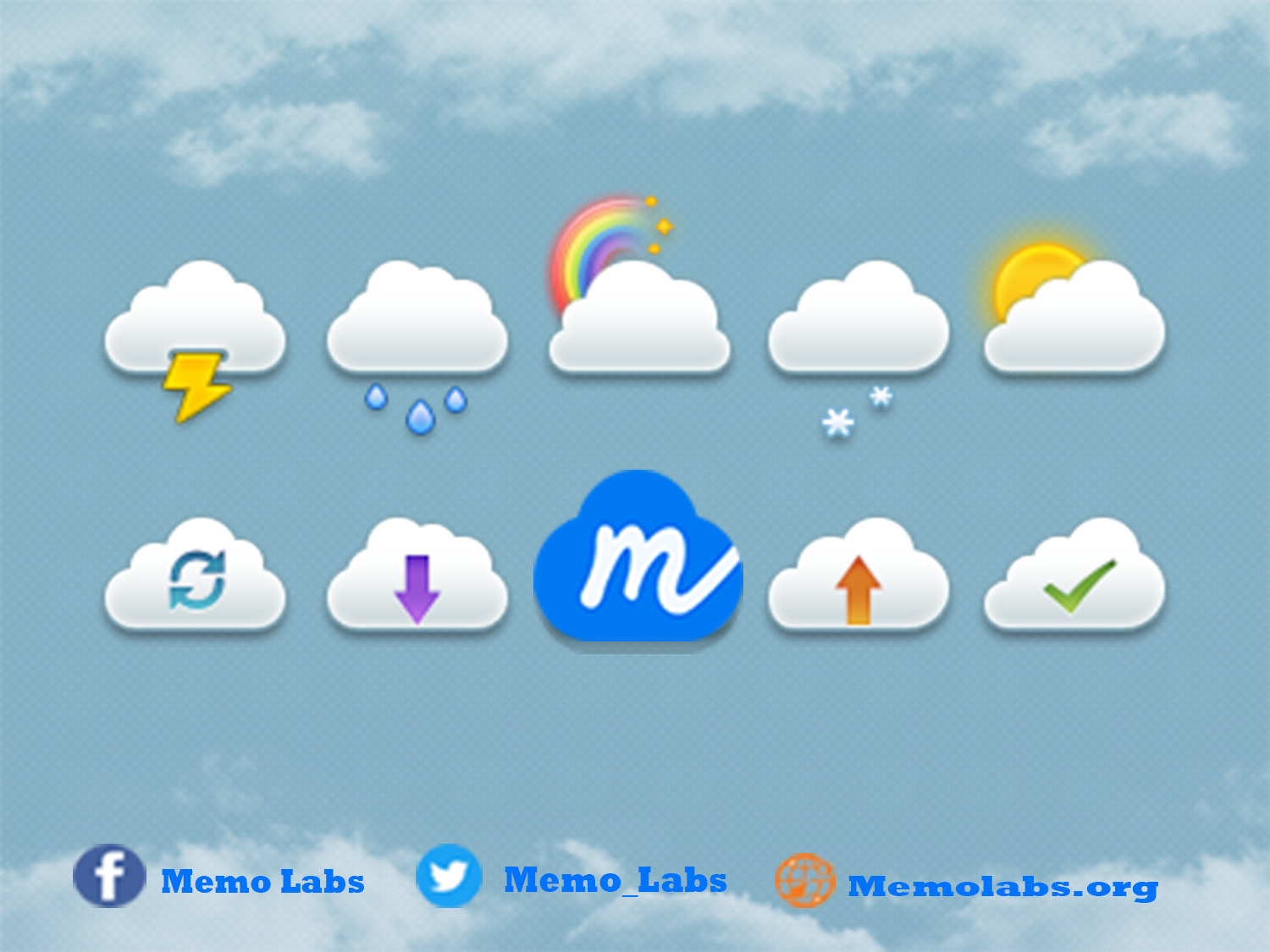Unveiling the Future of Data Storage: The MEMO Revolution

In the rapidly evolving digital era, the safeguarding and efficient management of data has become paramount. Traditional data storage systems, while foundational to the digital infrastructure of the 21st century, often grapple with issues of centralization, vulnerability to attacks, and concerns over privacy and data integrity. Enter the revolutionary concept of MEMO, a project at the forefront of leveraging blockchain technology to pioneer a decentralized storage system. This groundbreaking approach not only promises enhanced data availability but also redefines the paradigms of data security and accessibility.
The Genesis of MEMO: A Blockchain-Based Solution
MEMO, a Decentralized Cloud Storage System, emerges as a beacon of innovation, addressing the quintessential challenges of traditional data storage systems through the adoption of blockchain technology. At its core, the project aims to develop a decentralized blockchain-based storage system, a move that is set to transform how data is stored, accessed, and managed across the globe.
Blockchain technology, known for its robust security features and decentralized nature, offers an ideal foundation for creating a storage system that is not only tamper-resistant but also globally accessible. By distributing data across a network of nodes, MEMO ensures that data is not centralized in a single location, thereby mitigating risks associated with data loss, corruption, or unauthorized access.
The Mechanics of Decentralization: How MEMO Operates
The operational framework of MEMO is underpinned by the principles of decentralization and blockchain integrity. The system stores data in encrypted blocks, each linked to the previous block in a chain, ensuring that any attempt to alter the data is easily detectable and preventable. This cryptographic chain of blocks ensures that data integrity is maintained, while the decentralized nature of the blockchain ensures that the data remains accessible even if parts of the network are compromised or go offline.
Moreover, MEMO introduces innovative consensus mechanisms to validate transactions and data additions, further enhancing the security and reliability of the system. Through smart contracts, MEMO automates the enforcement of rules and agreements, ensuring that the storage and retrieval of data are executed as intended.
The Advantages of MEMO's Blockchain-Based Storage
Enhanced Data Security
By leveraging blockchain's inherent security features, MEMO offers a storage solution that is significantly more secure against hacks and unauthorized access compared to traditional centralized systems.
Improved Data Availability
The decentralized nature of blockchain ensures that data is not reliant on a single point of failure. This means that data stored within the MEMO ecosystem is readily available from multiple nodes, enhancing data redundancy and access.
Reduced Costs
Decentralization reduces the need for expensive infrastructure and intermediaries, potentially lowering the costs associated with data storage and management.
Increased Transparency and Trust
Blockchain's transparent ledger allows for the tracking of data changes and access, building trust among users and stakeholders within the ecosystem.
Navigating the Challenges
Despite its numerous benefits, the path forward for MEMO involves navigating through several challenges, including scalability, energy consumption, and regulatory compliance. Scalability remains a significant hurdle, as blockchain networks can become slower and more expensive to use as they grow. Additionally, the energy consumption of blockchain networks is an area of concern, necessitating the development of more energy-efficient consensus mechanisms. Regulatory compliance also poses a challenge, as the decentralized nature of blockchain can conflict with existing data protection laws and regulations.
The Road Ahead: A New Paradigm of Data Storage
As MEMOLabs continues to evolve and address these challenges, it stands on the cusp of ushering in a new era of data storage. By harnessing the power of blockchain technology, MEMO is not just developing a decentralized storage system; it is reimagining the future of data availability, security, and management.
The journey of MEMO reflects a broader shift towards decentralization in digital infrastructure, marking a significant step forward in the quest for a more secure, efficient, and equitable digital world. As this project and others like it continue to innovate and mature, the promise of blockchain technology in transforming data storage from a centralized to a decentralized model becomes increasingly tangible, heralding a future where data is not just stored, but truly owned by its creators.
